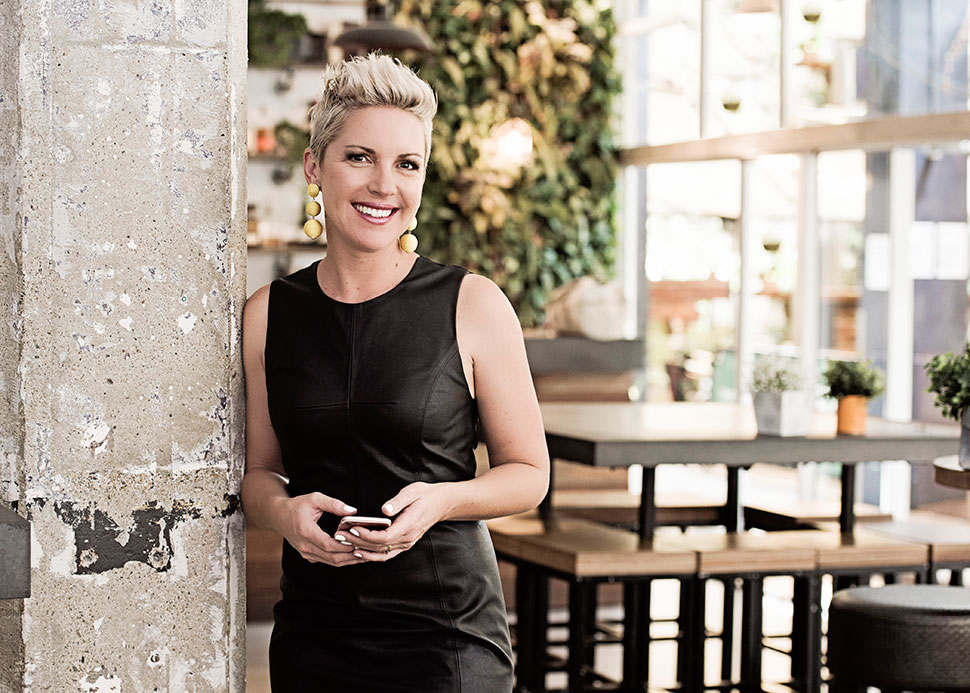What Does The Future Of Learning And Development Look Like?

The coronavirus pandemic has significantly altered our current world of work, but how many of these shifts will remain permanent after the health and economic challenges subside?
With considerable data pointing towards ongoing distributed work practices, alongside global economic uncertainty, Learning and Development professionals have a complex situation to adapt to.
As we look towards the future of Learning and Development, current disruption provides opportunities for growth and innovation that could have a long-lasting impact on organisational success.
From training delivery through to specific skill development, we’re on the verge of a complete transformation within L&D. Let’s explore what the future holds for this impactful industry.
Increased Virtual Program Delivery
With COVID-19 looking to be a part of our lives for the foreseeable future, many organisations have come to accept that distributed teams and remote work are the new norm.
Throughout the great work-from-home experiment of 2020 it’s been made abundantly clear how many organisations are capable of shifting to remote working practices, and this is likely to have a direct impact on the future of L&D across industries. Gallup reported that 62% of Americans are now working from home due to coronavirus impacts, with Gartner confirming that 74% of companies surveyed expect some of their employees to continue working remotely long-term.
While virtual learning has been necessitated by the restrictions associated with the coronavirus pandemic, the accessibility and adaptability of virtual program delivery will see it becoming a mainstay in the Learning and Development space over the coming years.
Virtual program delivery can offer significant benefits including reduced costs of delivery through to shorter time frames for cross-organisational program rollouts, but there is a catch.
Higher standards for virtual program delivery will be required as we delve deeper into the world of virtual work.
For a virtual program to effectively engage and embed learning outcomes, expert facilitation and high levels of production quality are required. A speaker with a laptop stacked on a bunch of books and poor audio and lighting won’t make the cut as we move into 2021 and beyond.
Adapted In-Person Learning Experiences
Face-to-face training will continue to be a part of Learning and Development well into the future, but the way in which they’re coordinated and the purpose behind them is set for a shake-up.
The COVID-19 pandemic has shed light on workplace health risks, and according to McKinsey, this will call for adapted delivery to reduce participant risk. Through decentralizing in-person events and working with smaller group sizes, this can be achieved.
With this in mind, the purpose of face-to-face learning will move towards social and practical experiences. This adapted in-person learning will incorporate social aspects, providing opportunity for connection within distributed teams, as well as enabling learning to be put into practical action.
With a blended approach of virtual learning and face-to-face experiences, long-term L&D initiatives will be strengthened with increased levels of engagement and
A Focus on Virtual Leadership Skills
With new ways of work adopted and implemented, we are now entering a new era of leadership development. While there will certainly be a continued focus on improving communication skills, conflict resolution and other core leadership capabilities, there are many skill gaps that have been highlighted through the shift to remote work.
Traditional leadership approaches that worked in office settings now need to be adapted to suit the dynamic nature of a distributed workforce. Virtual leadership skills will play a big role in the future of Learning and Development, from conducting performance evaluations online through to project management.
There will also be a renewed focus for leaders to develop their coaching skills as they guide their teams through times of continued organisational change.
Smaller, More Frequent Learning Opportunities
Where past Learning and Development initiatives required teams to be out of the office for days on end, causing disruption to productivity and project timelines, virtual learning has shown itself to be a flexible alternative.
Micro-learning modules can be delivered virtually over the long-term, providing teams with the skill development they need with minimal workday disruption.
Spreading out L&D through smaller learning modules capitalises on The Spacing Effect, allowing time for skills to be practiced and feedback to be given, creating an overall more effective learning experience.
All in all, the future of Learning and Development is set to be marked by an increase in online and blended learning, with new skill development areas continuing to be highlighted throughout the transition to distributed work.
Have you read?
World’s Happiest Countries.
Countries With The Highest Life Expectancy.
World’s Most (And Least) Religious Countries.
Bring the best of the CEOWORLD magazine's global journalism to audiences in the United States and around the world. - Add CEOWORLD magazine to your Google News feed.
Follow CEOWORLD magazine headlines on: Google News, LinkedIn, Twitter, and Facebook.
Copyright 2025 The CEOWORLD magazine. All rights reserved. This material (and any extract from it) must not be copied, redistributed or placed on any website, without CEOWORLD magazine' prior written consent. For media queries, please contact: info@ceoworld.biz








